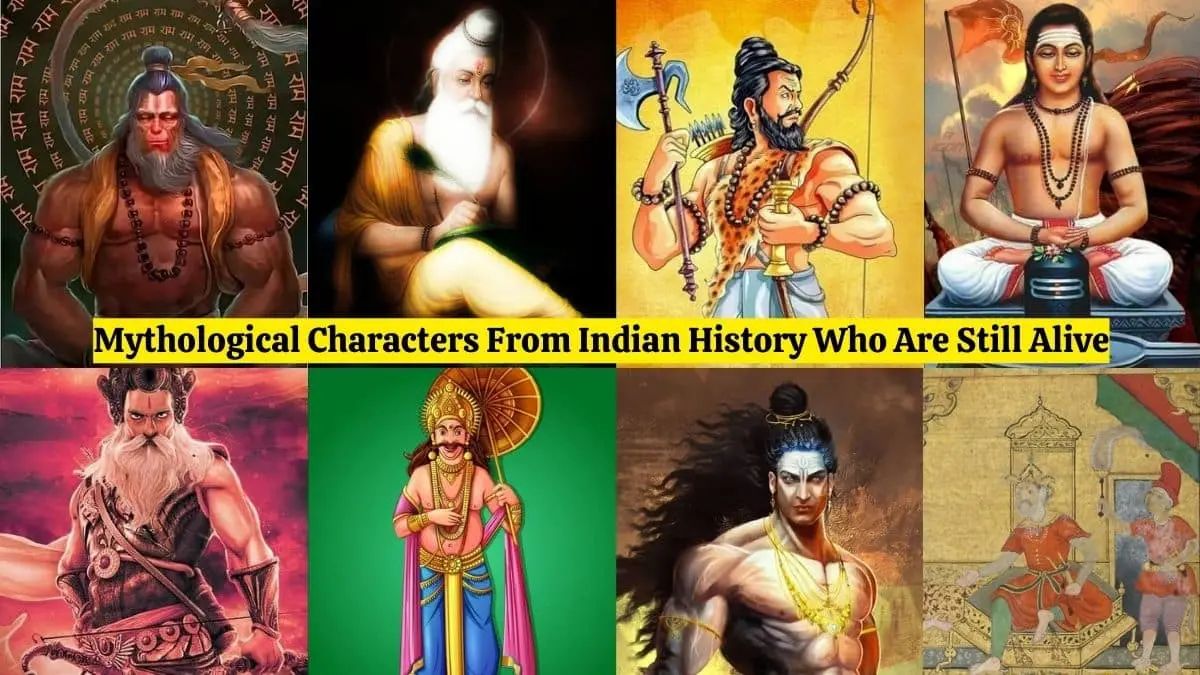In the rich tapestry of Indian mythology, several characters are believed to be immortal, transcending the bounds of time and history. These legendary figures, revered for their virtues, bravery, or curses, continue to hold a significant place in the cultural and spiritual narrative of India. From wise sages to valiant warriors, their stories of eternal existence intertwine with the principles of righteousness, devotion, and the cosmic play of gods. Let’s explore some of these enduring mythological characters from Indian history who are to be still alive.
Mythological Characters From Indian History, Who Are Still Alive
Hanuman
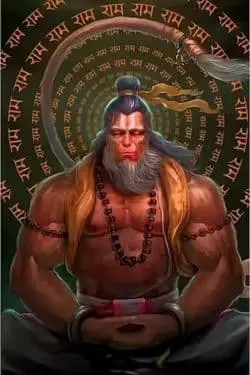
A central figure in Indian mythology, Hanuman is believed to be immortal. According to Hindu scriptures, he is a devoted follower of Lord Rama and played a crucial role in the epic Ramayana. Hanuman’s immortality is attributed to a boon granted by Lord Rama in recognition of his unwavering devotion and service.
This boon ensures that Hanuman will live as long as Rama’s name and Stories are remembered and told. Hanuman is revered for his immense strength, wisdom, and celibate devotion. He symbolizes selflessness, loyalty, and the limitless power of devotion to God. His presence is considered auspicious and protective, and he is widely worshipped across India.
Ashwatthama
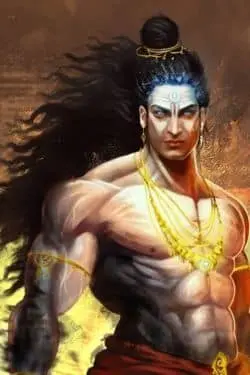
A character from the epic Mahabharata, Ashwatthama is believed to be alive due to a curse. He is the son of Dronacharya, the mentor of the Pandavas and Kauravas. After the war of Kurukshetra, Ashwatthama, driven by revenge and grief, killed the Pandavas’ five sleeping sons, mistaking them for the Pandavas.
When his act was revealed, Lord Krishna cursed him with immortality and eternal suffering due to his heinous act. Ashwatthama was also cursed with wounds that would never heal and banished from society. It is said that he still roams the Earth, bearing the burden of his sins, a symbol of the consequences of unchecked rage and unethical actions in war.
Kripacharya
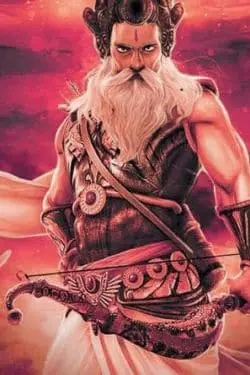
A revered figure in the Indian epic Mahabharata, Kripacharya is considered to be one of the Chiranjivis (immortal beings). He served as the royal teacher and preceptor to the Kuru princes, both Pandavas and Kauravas. Kripacharya’s immortality is attributed to his righteousness, impartiality, and deep mastery of the Vedas and warfare.
He was blessed with eternal life by Lord Krishna, to serve as a guide for future generations on dharma (righteousness) and knowledge. His life symbolizes the ideals of a perfect teacher and mentor, embodying wisdom, fairness, and unwavering commitment to duty. Kripacharya is revered in Indian culture as a symbol of eternal knowledge and an exemplar of teaching virtues.
Mahabali
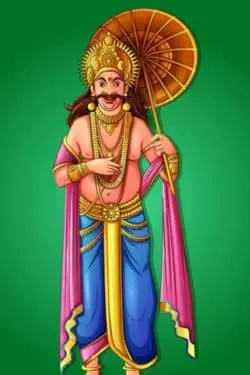
A benevolent and just Asura king, Mahabali is a key figure in Hindu mythology, particularly celebrated in the festival of Onam in Kerala. His tale is associated with the Vamana avatar of Lord Vishnu. Mahabali was known for his generosity and wisdom, and his reign was considered a golden era. However, to test his devotion, Vishnu in his dwarf form, Vamana, asked for three paces of land.
Transforming into a giant, Vamana covered everything Mahabali ruled in two steps. For the third, Mahabali offered his head, which pleased Vishnu. Consequently, Vishnu granted him immortality and allowed him to visit his subjects annually (Onam). Mahabali’s story symbolizes humility and the triumph of devotion over power.
Markandeya
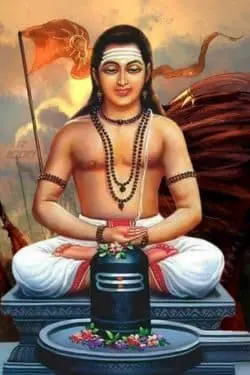
A renowned sage in Indian mythology, Markandeya is believed to be an immortal figure. His tale of immortality is linked to a boon he received from Lord Shiva. Markandeya was destined to die at the age of sixteen, but his intense devotion and meditation on Shiva saved him.
When Yama, the god of death, came to claim him, Shiva intervened and granted Markandeya the boon of eternal life at the age of sixteen. Markandeya is revered as a symbol of lasting youth and devotion. He is also credited with writing parts of the Hindu scriptures, including the Markandeya Purana. His life story emphasizes the power of devotion and the grace of divine intervention.
Parashurama
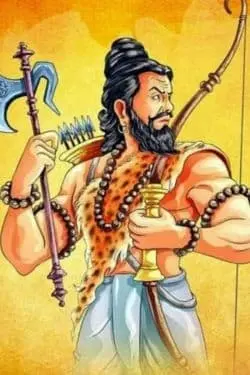
The sixth avatar of Lord Vishnu in Hindu mythology, Parashurama is considered one of the seven immortal beings, or Chiranjivis. Unlike other avatars of Vishnu, Parashurama is a fierce warrior with a mission to protect dharma by exterminating corrupt kshatriyas (warriors) who abused their power. His immortality is attributed to his role as a teacher and a guide for future generations in upholding righteousness and martial skills.
Parashurama is also known for training great warriors like Bhishma, Dronacharya, and Karna. His character represents the eternal struggle between right and wrong, and he is revered as the epitome of valor and discipline. Parashurama’s presence in the epics links different eras, signifying the continuity of the divine will and justice.
Vedavyasa
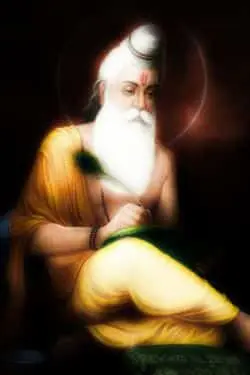
Also known as Vyasa, Vedavyasa is a legendary sage in Indian mythology, renowned for compiling the Vedas and authoring the epic Mahabharata. He is considered one of the seven immortal beings (Chiranjivis) in Hindu tradition. Vyasa’s immortality is attributed to his unparalleled wisdom and the role he plays as a chronicler of the ancient Indian scriptures.
His contributions include not just the Mahabharata, but also the Puranas and the Bhagavad Gita, which are fundamental to understanding Hindu philosophy. Vyasa is revered as a symbol of wisdom and knowledge, and his ongoing presence is believed to guide humanity in the pursuit of dharma (righteousness) and spiritual enlightenment. His life is a testament to the power of knowledge and its enduring impact across ages.
Vibhishana
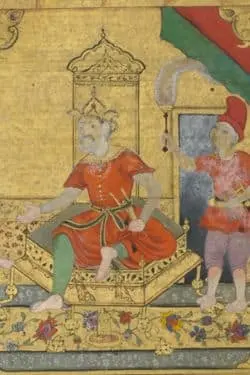
A key figure in the Indian epic Ramayana, Vibhishana is known for his righteousness and loyalty to Lord Rama despite being the brother of the antagonist Ravana. He is considered to be immortal and is believed to still be alive due to a boon granted by Lord Rama.
Vibhishana’s immortality is a reward for his unwavering commitment to dharma and his pivotal role in Rama’s victory over Ravana. Choosing dharma over familial ties, Vibhishana’s life serves as a moral example of righteousness and devotion. He is revered for his wisdom, integrity, and loyalty. His story underscores the belief that righteousness and ethical conduct lead to divine blessings and eternal life.
Also Read: 10 Great Heroes of Hindu Mythology | Indian Mythology

